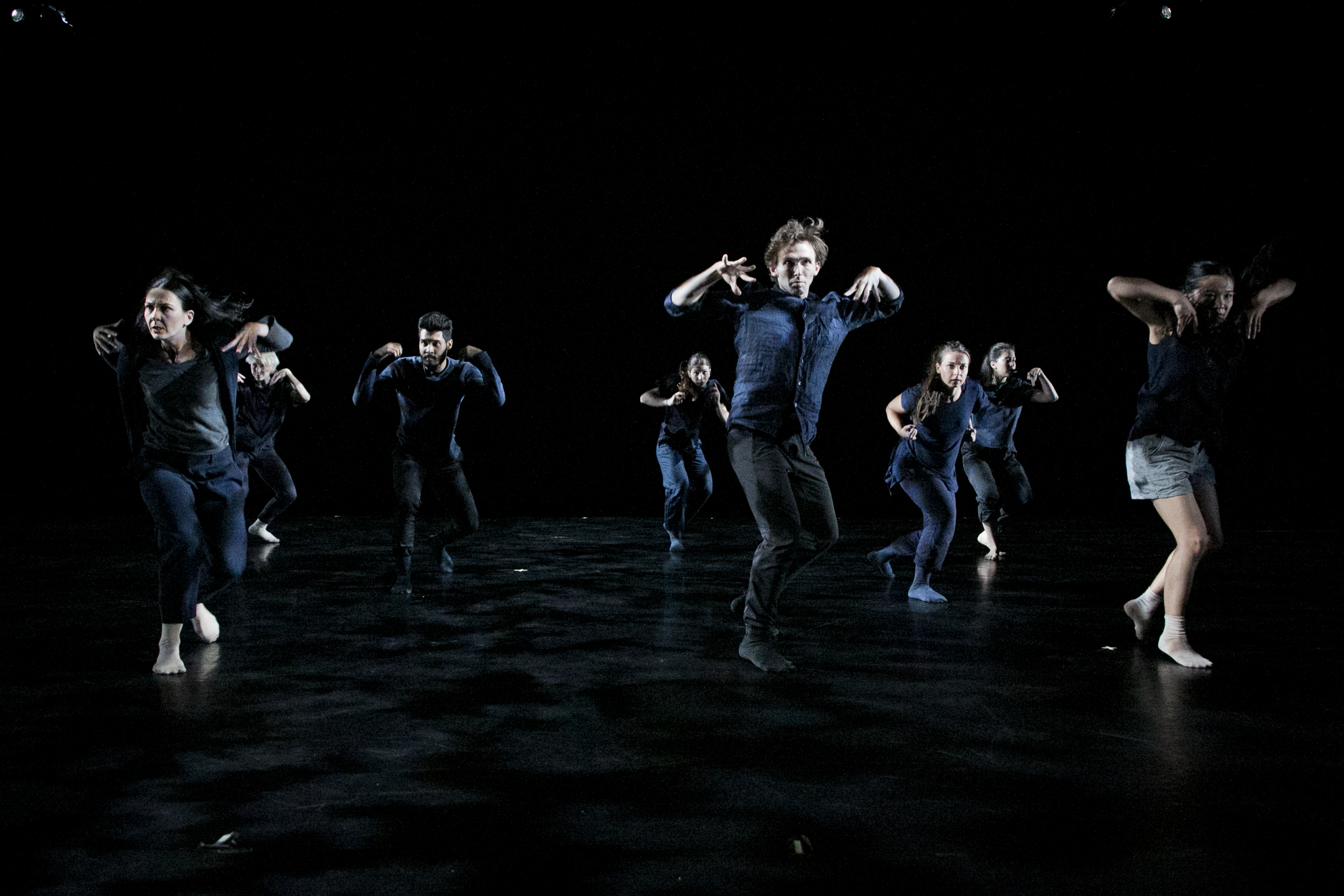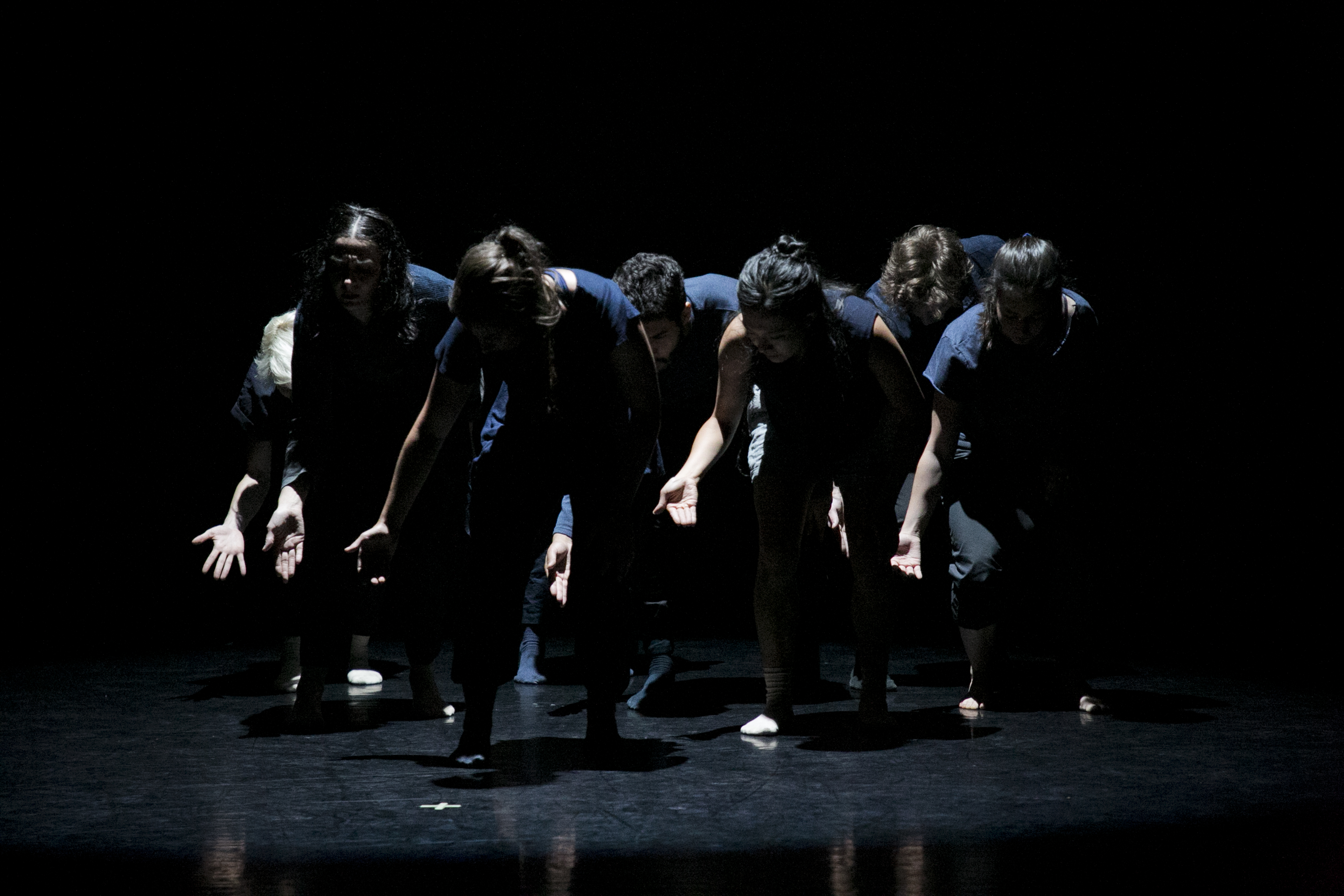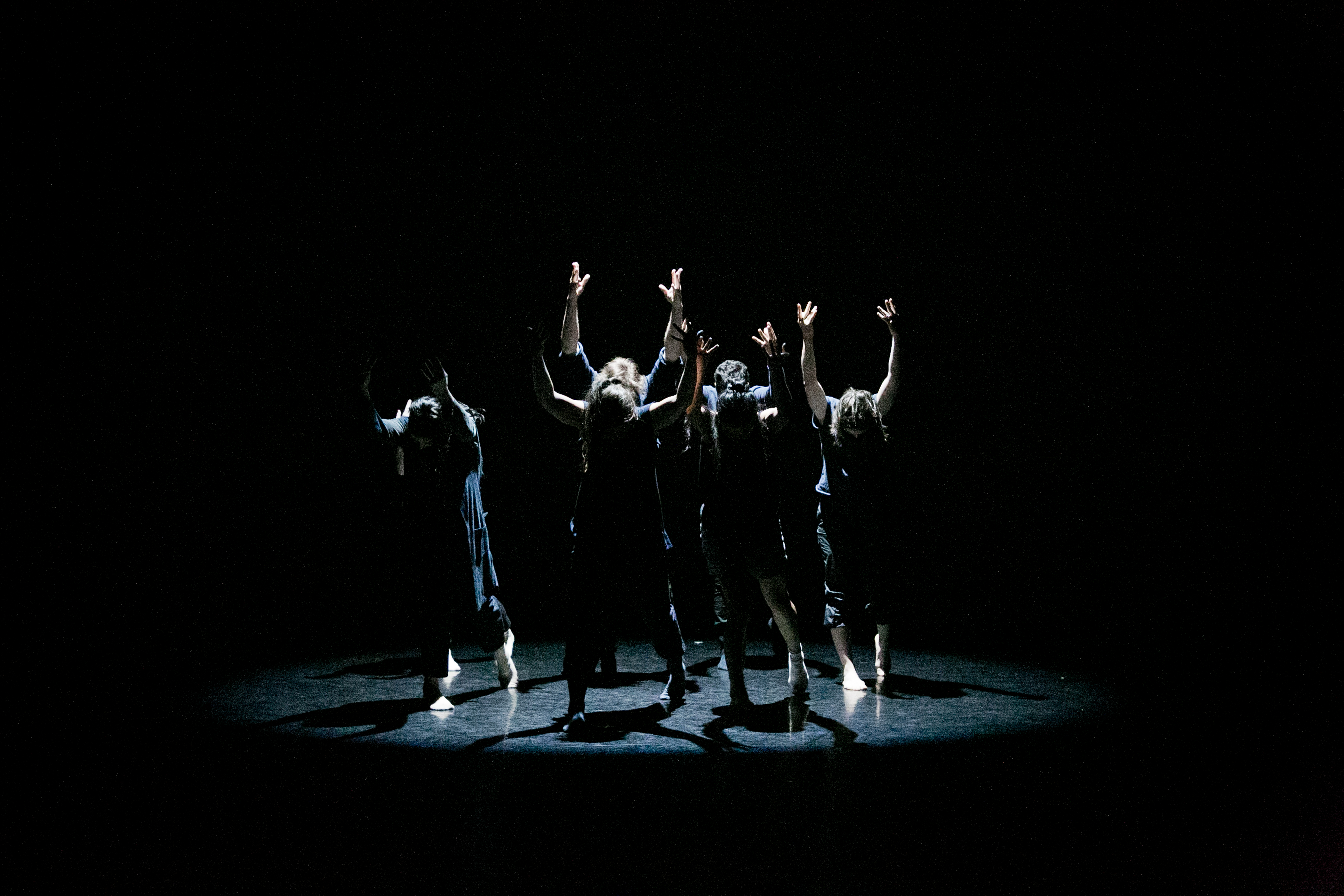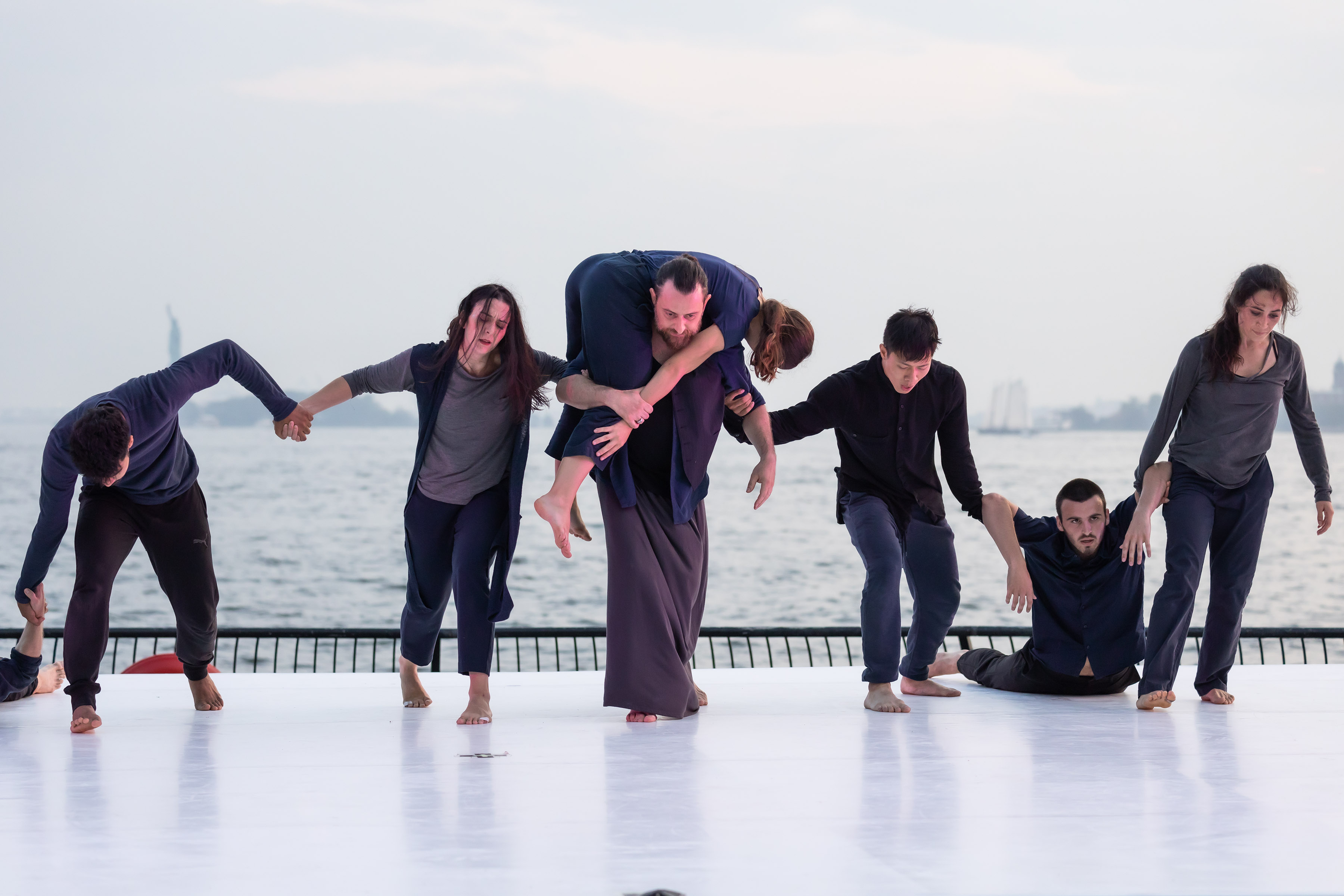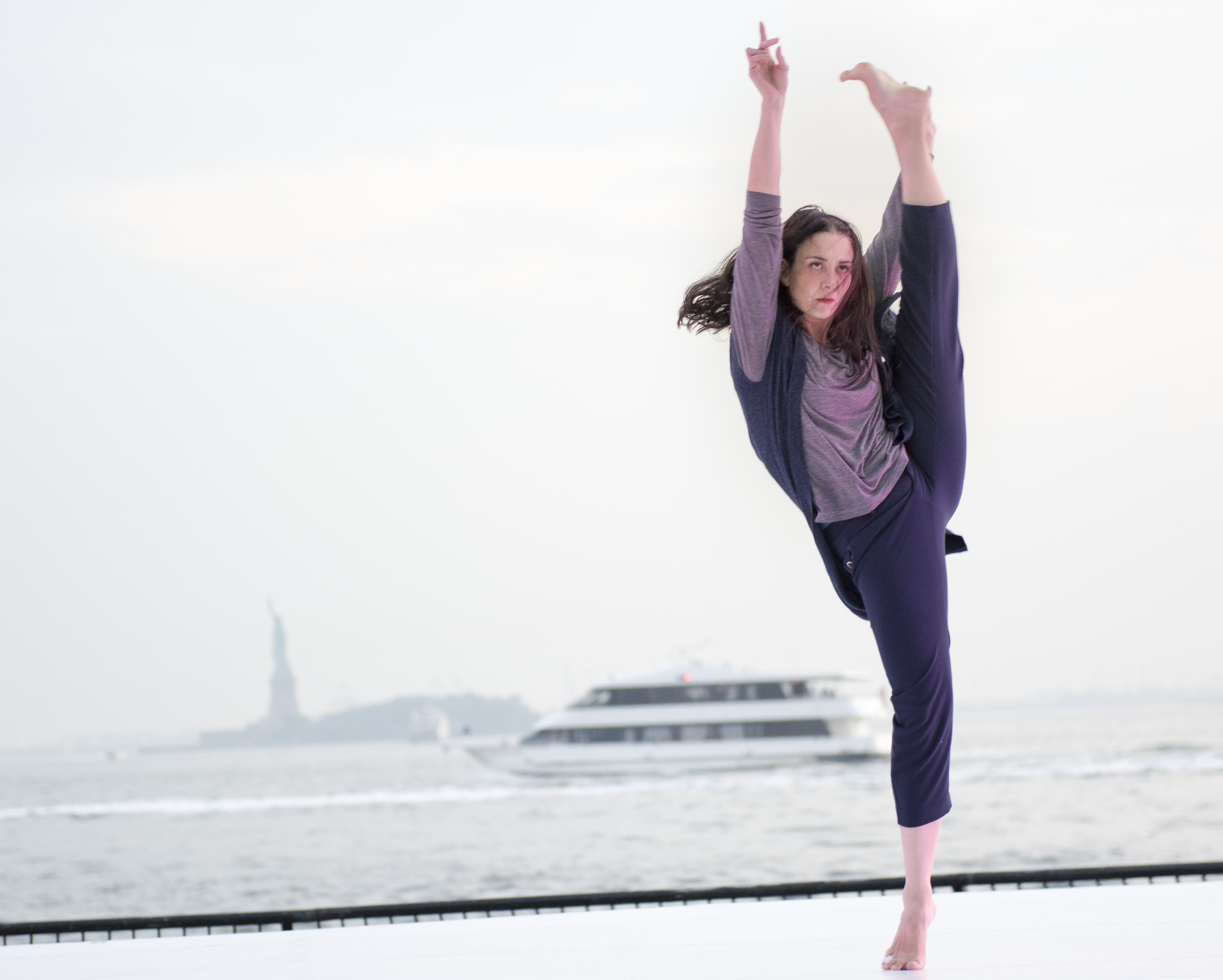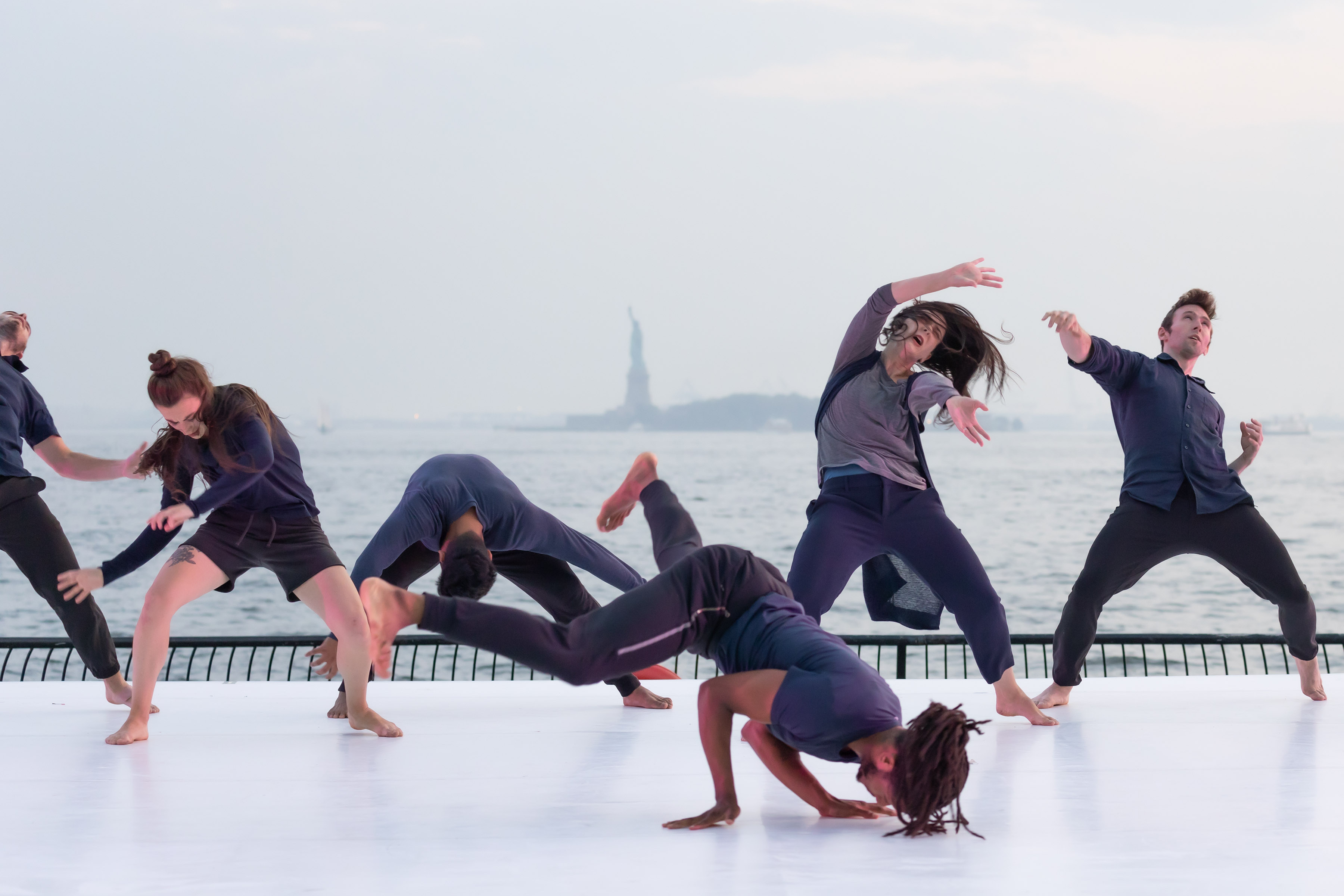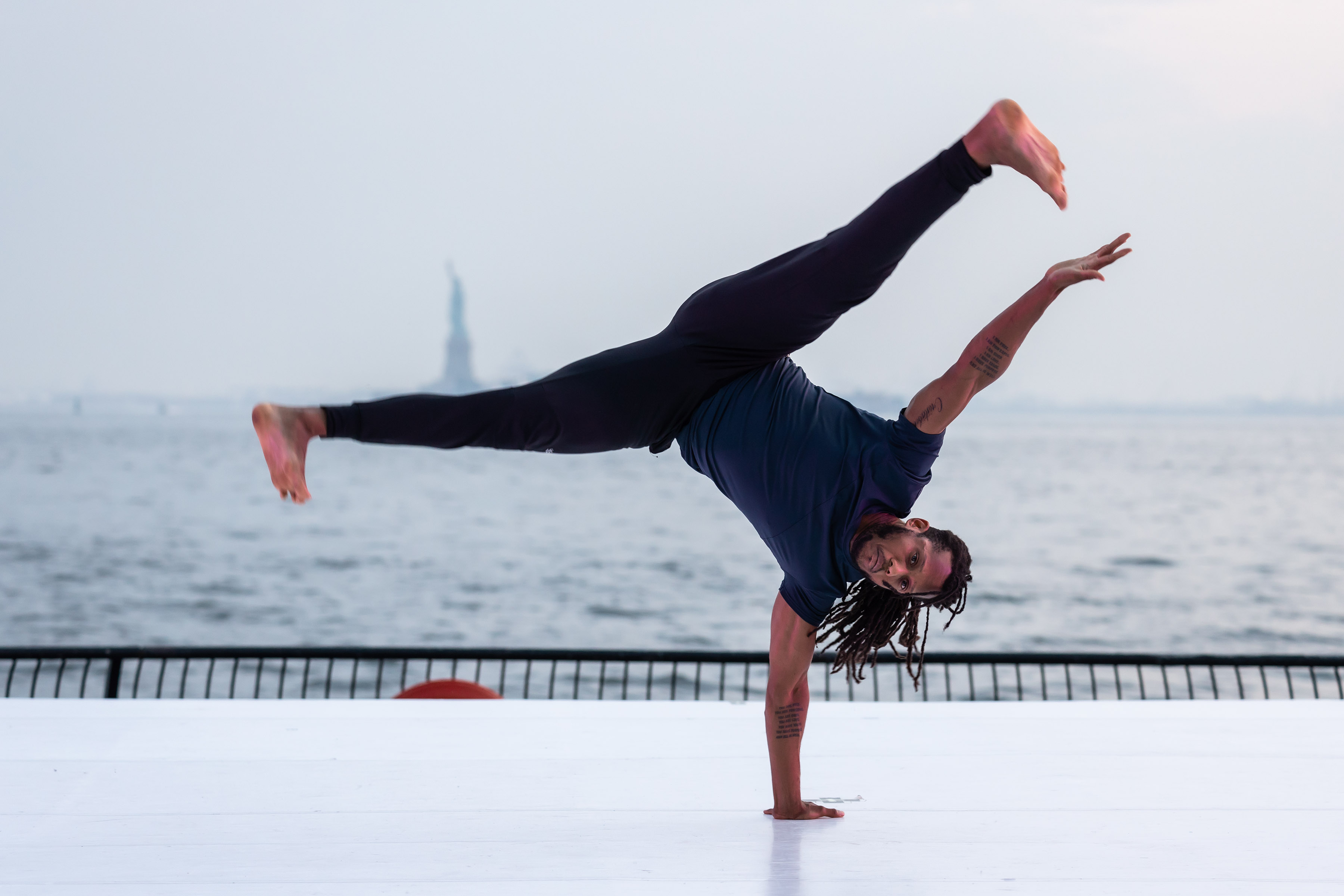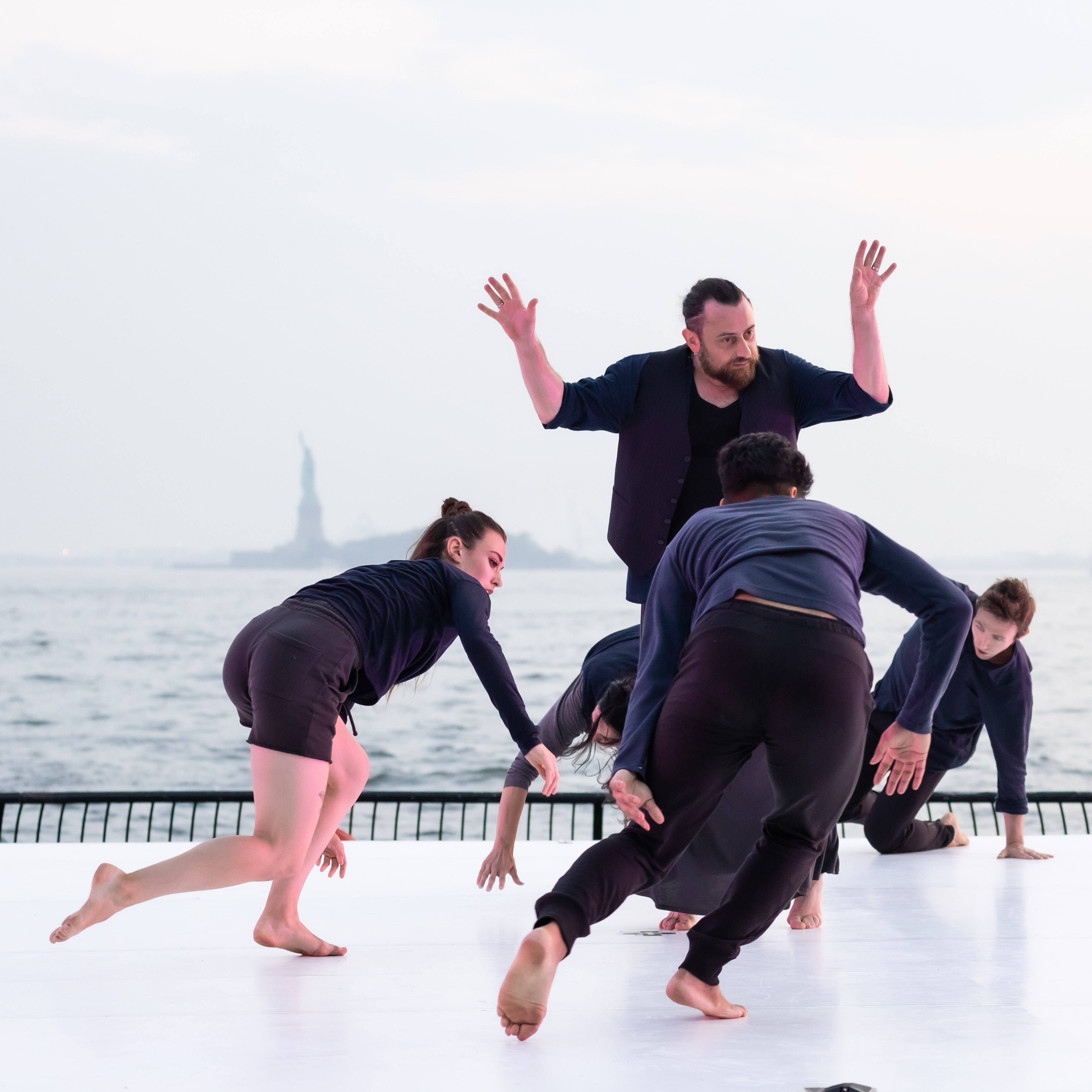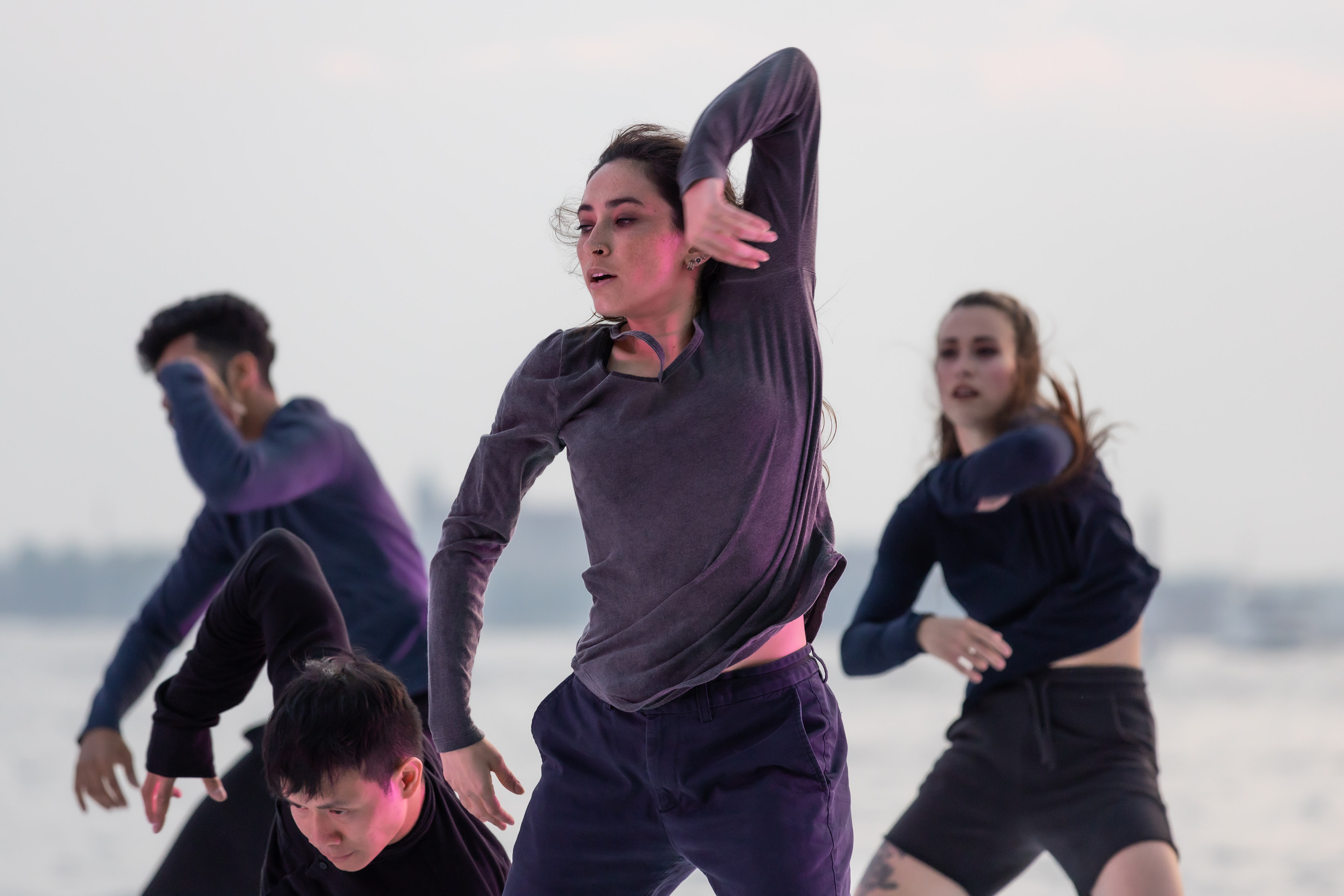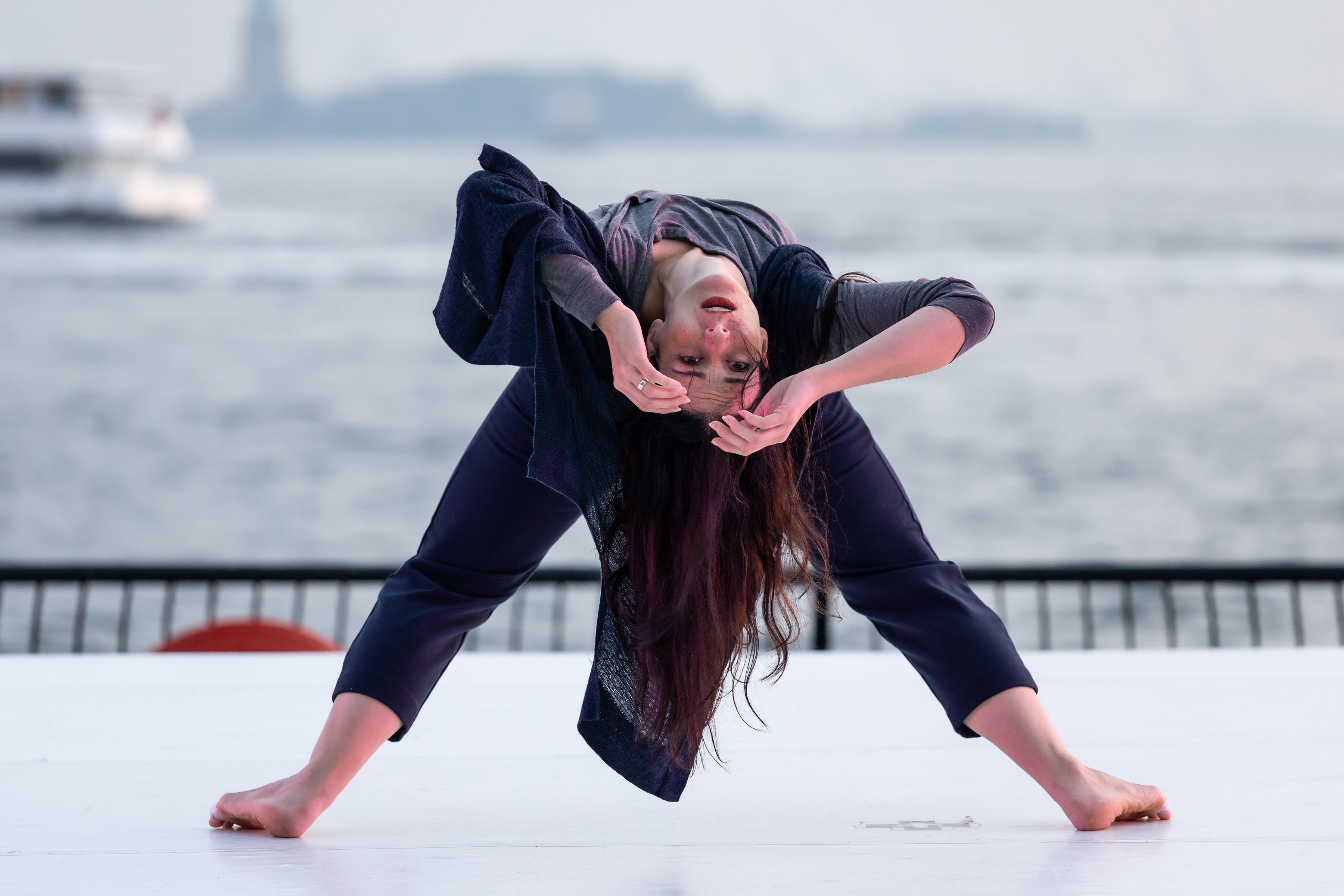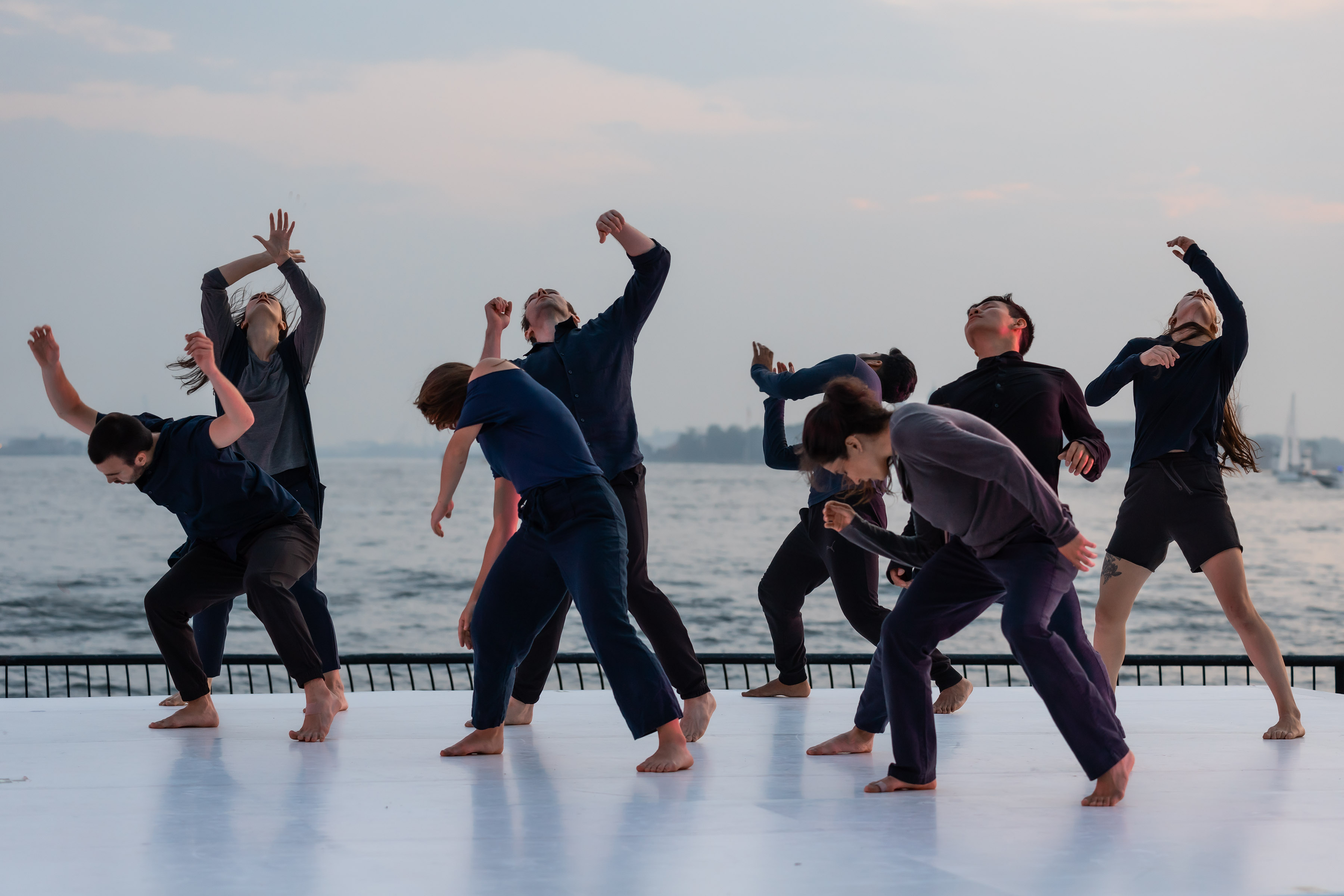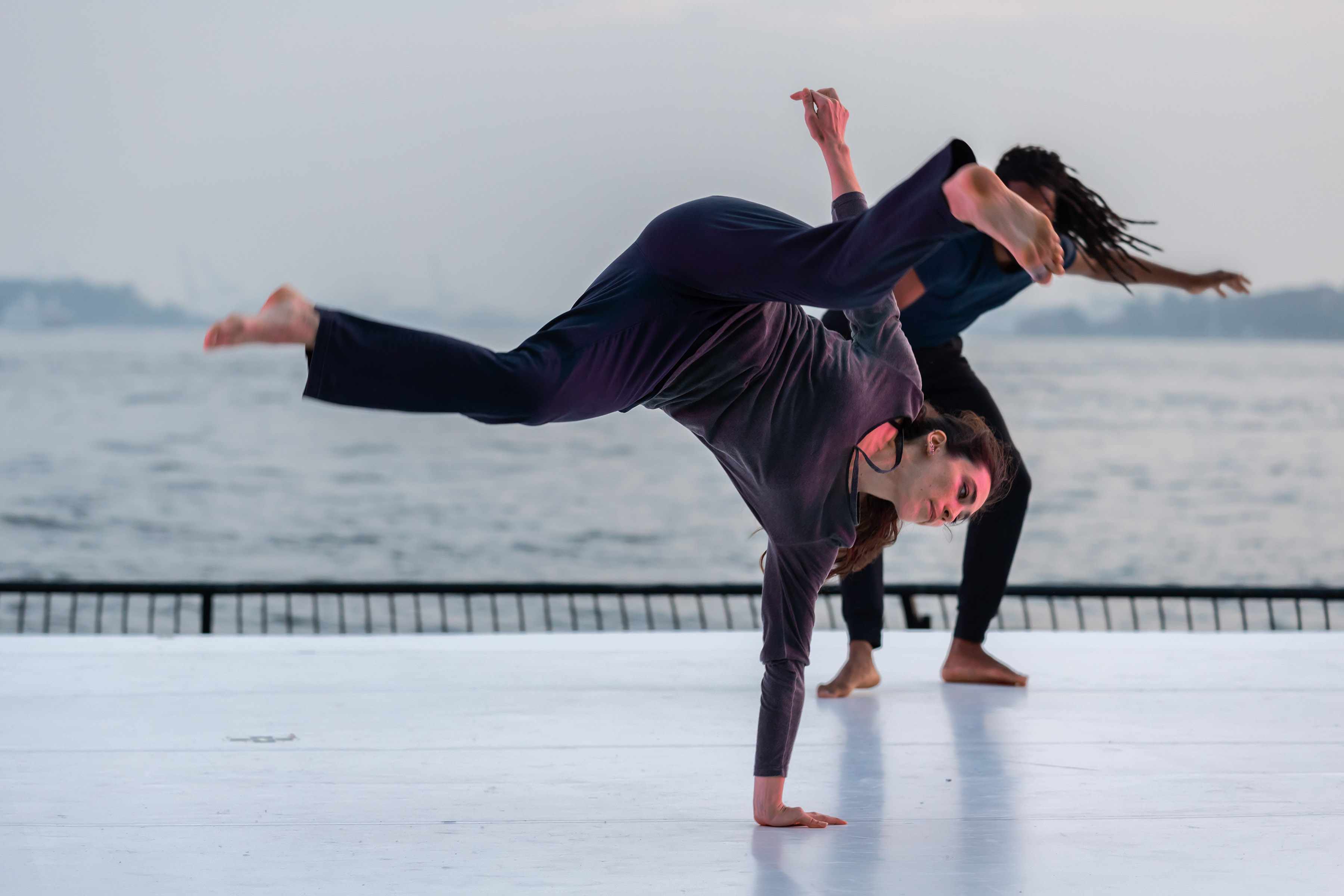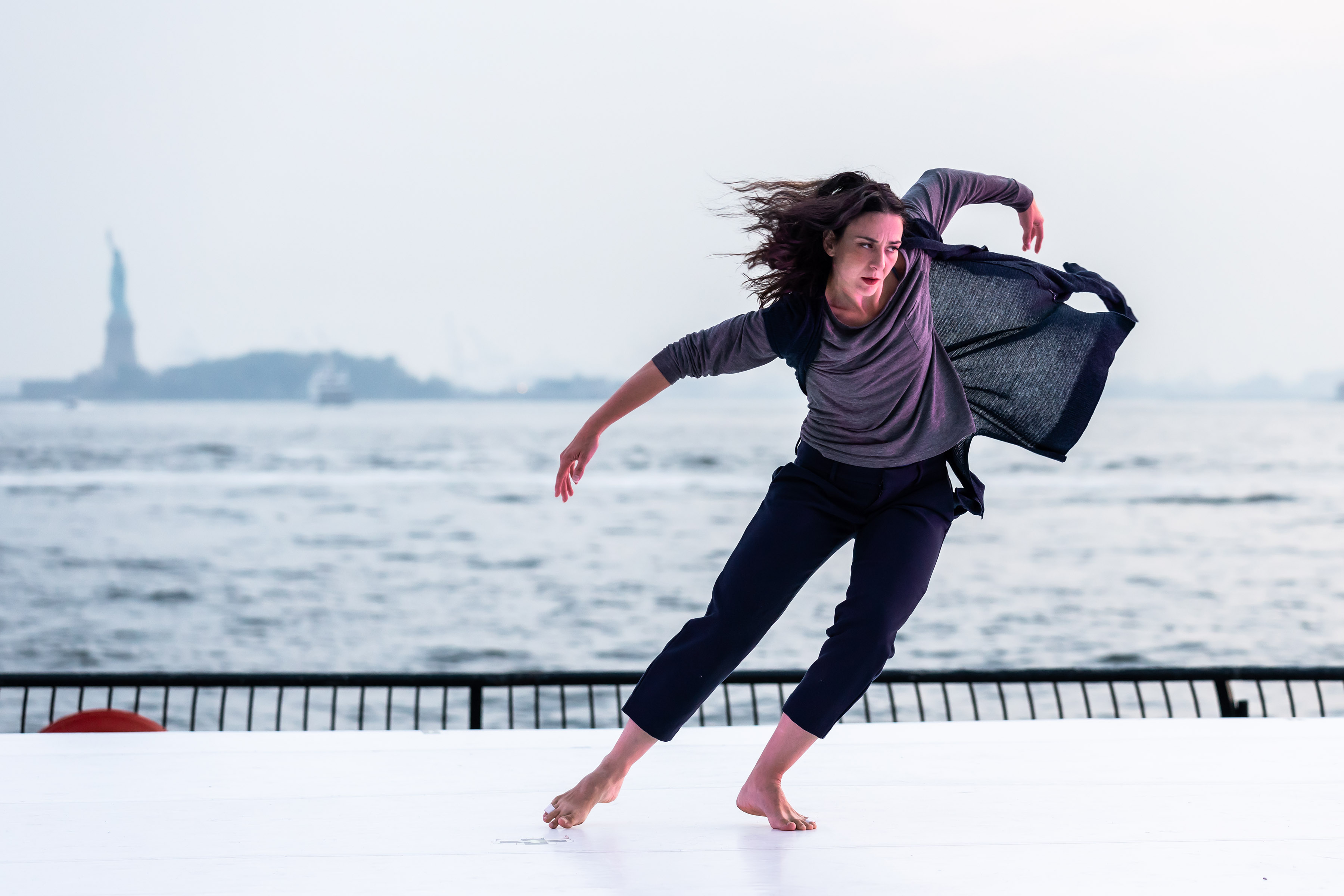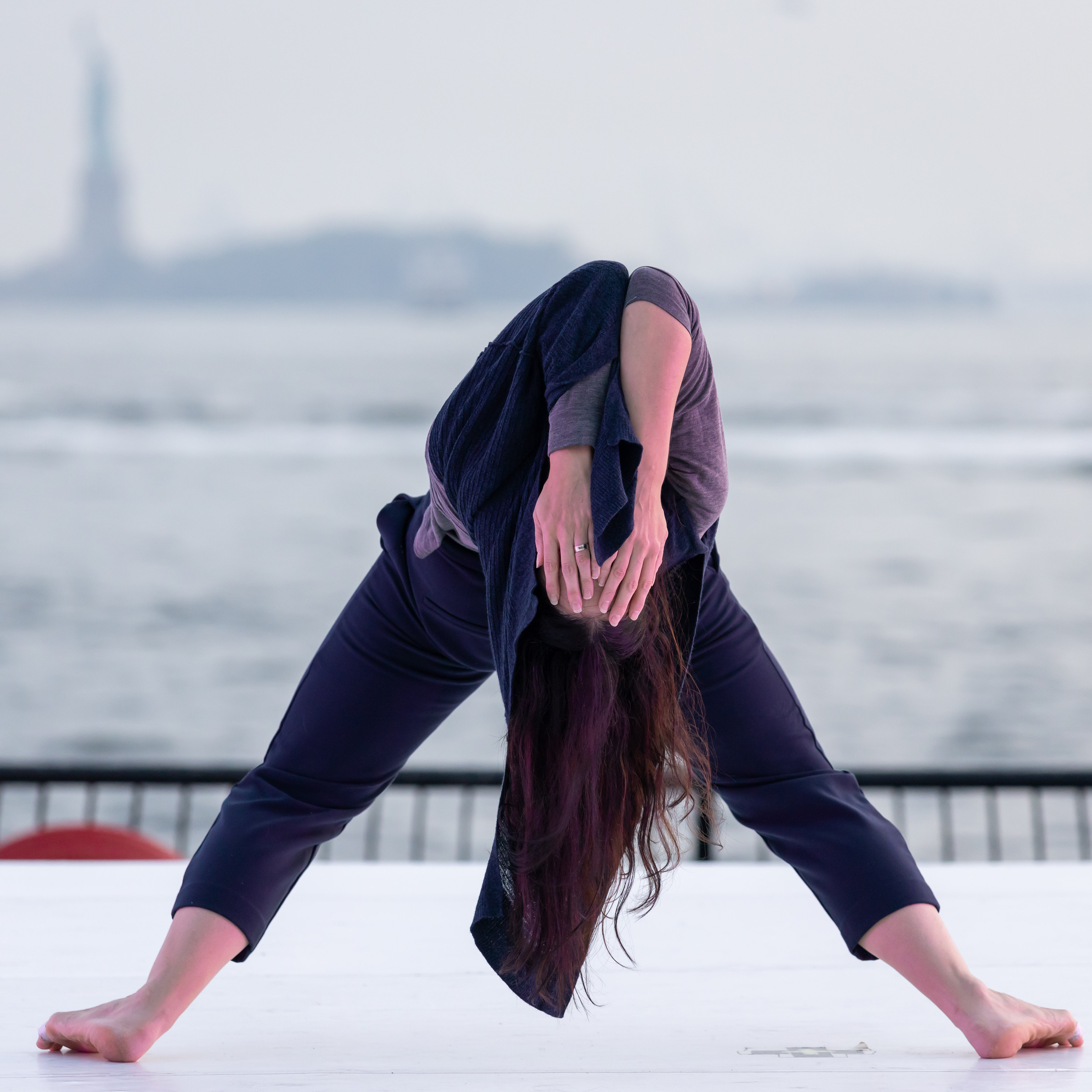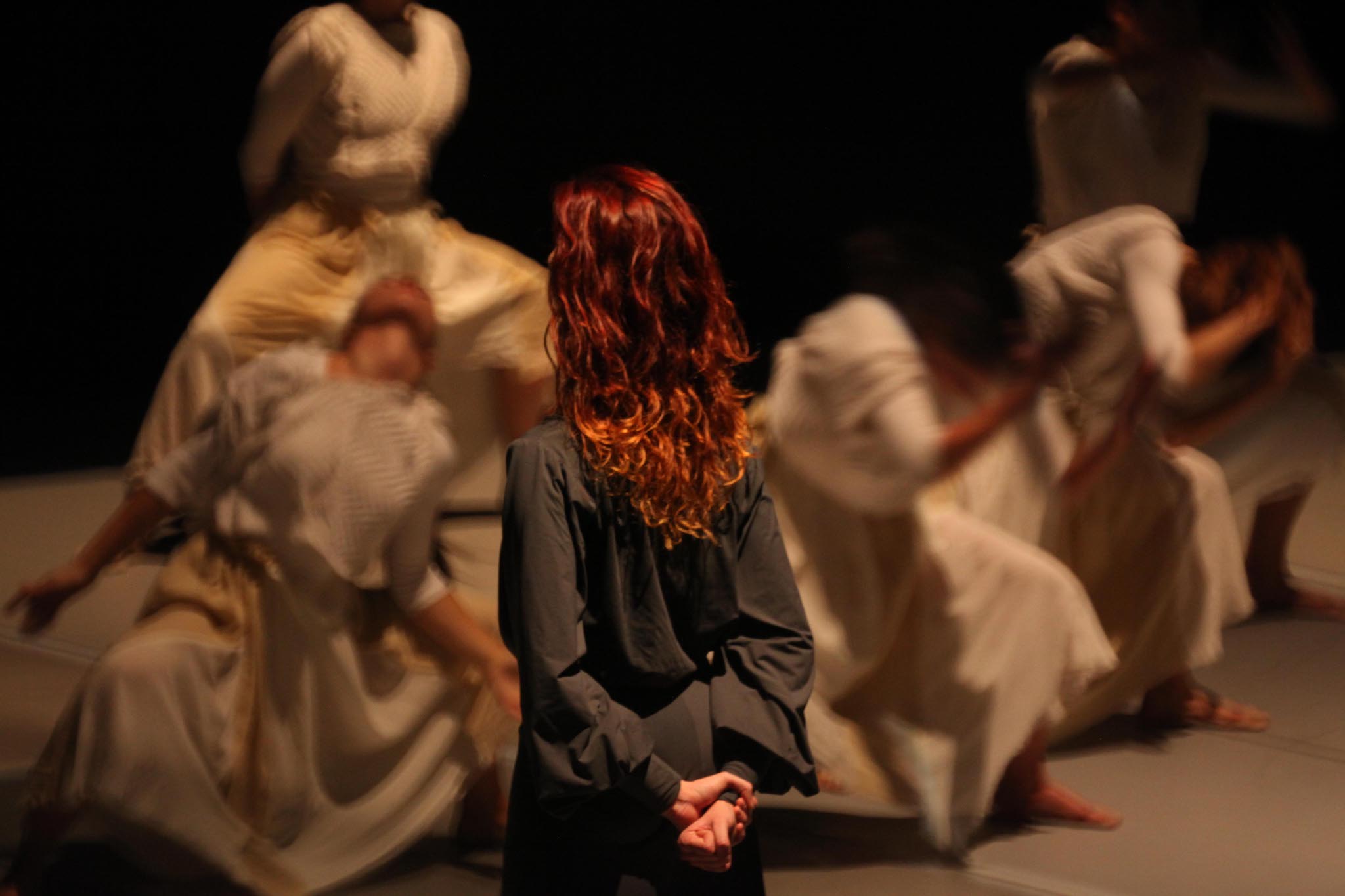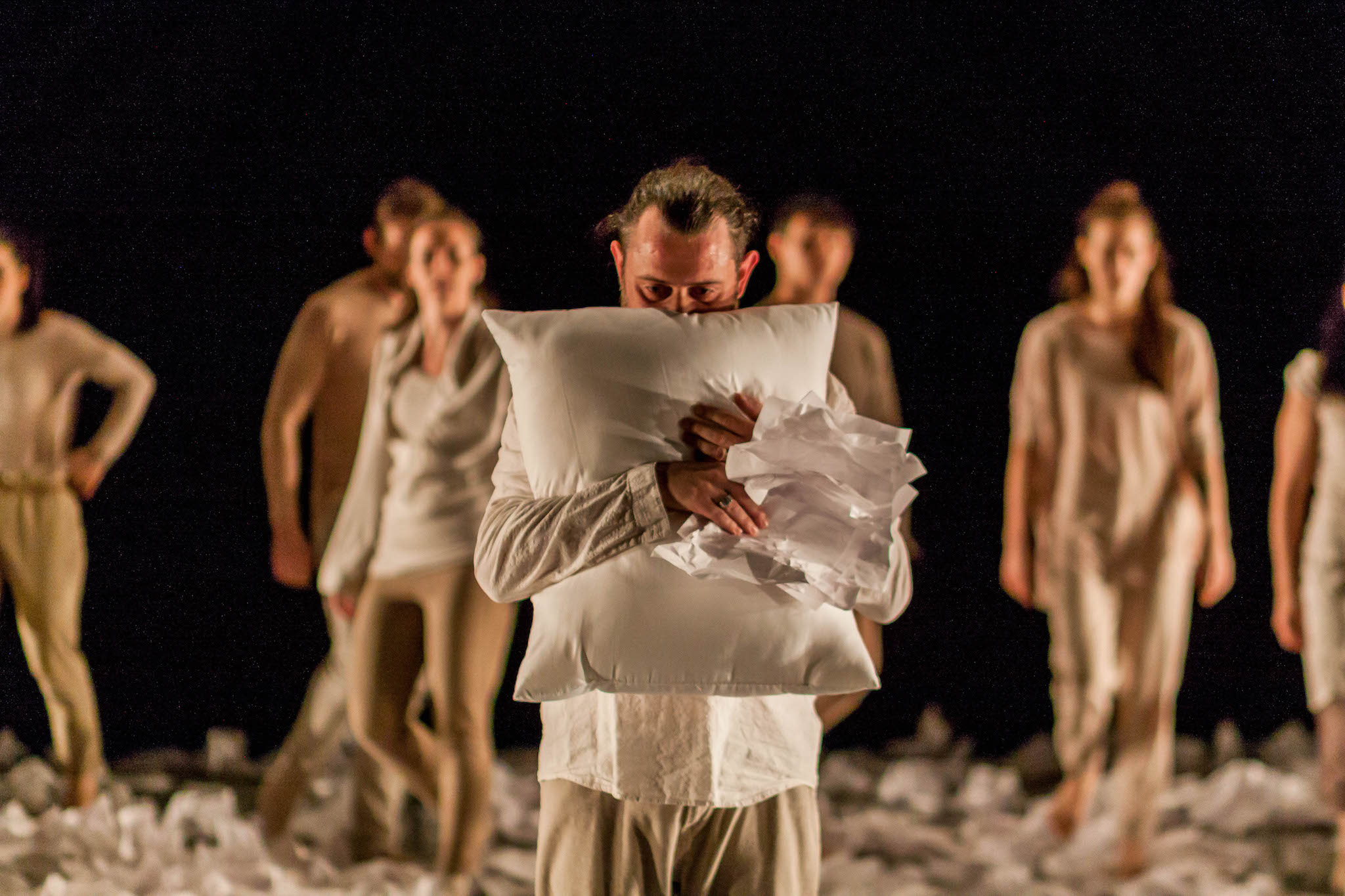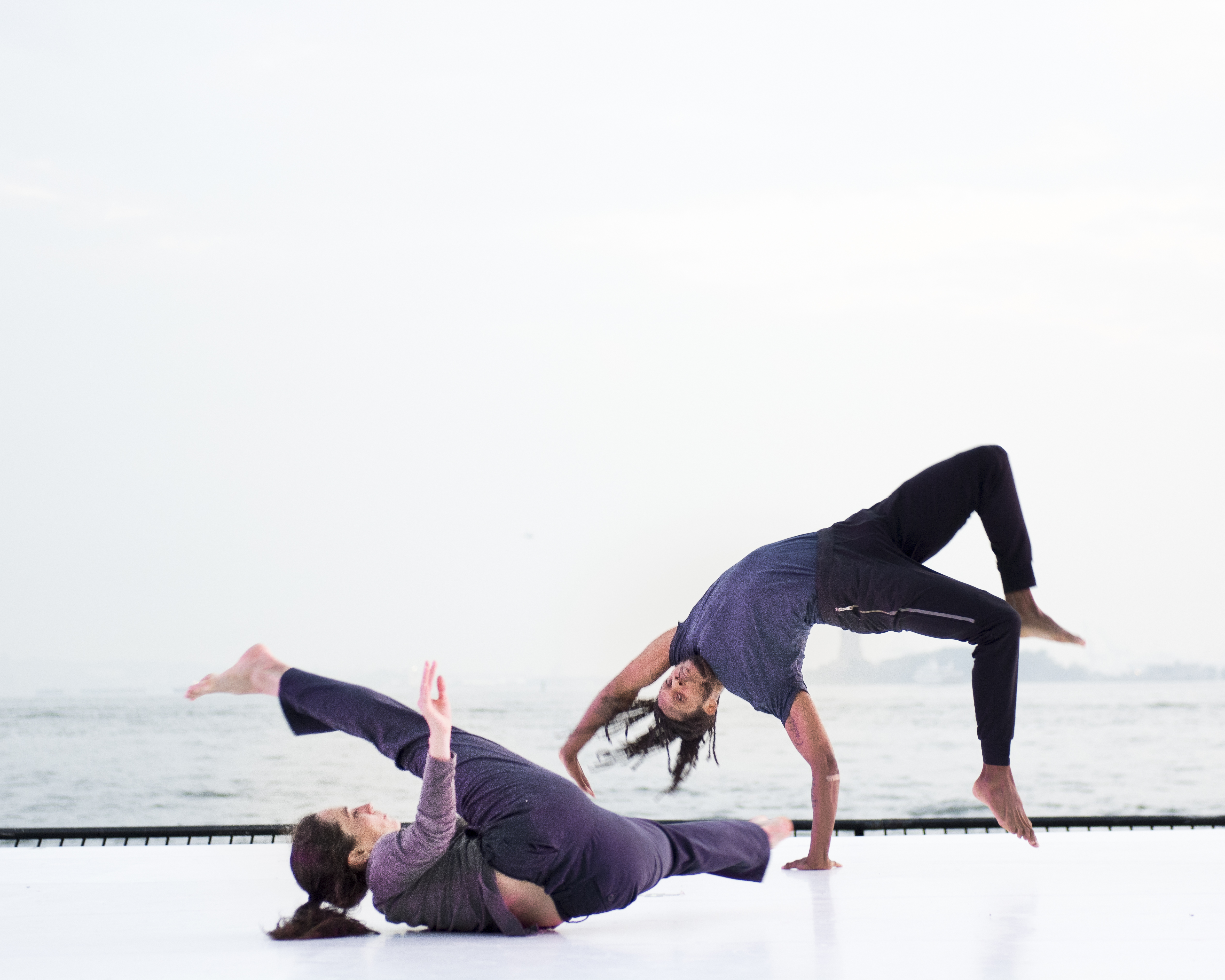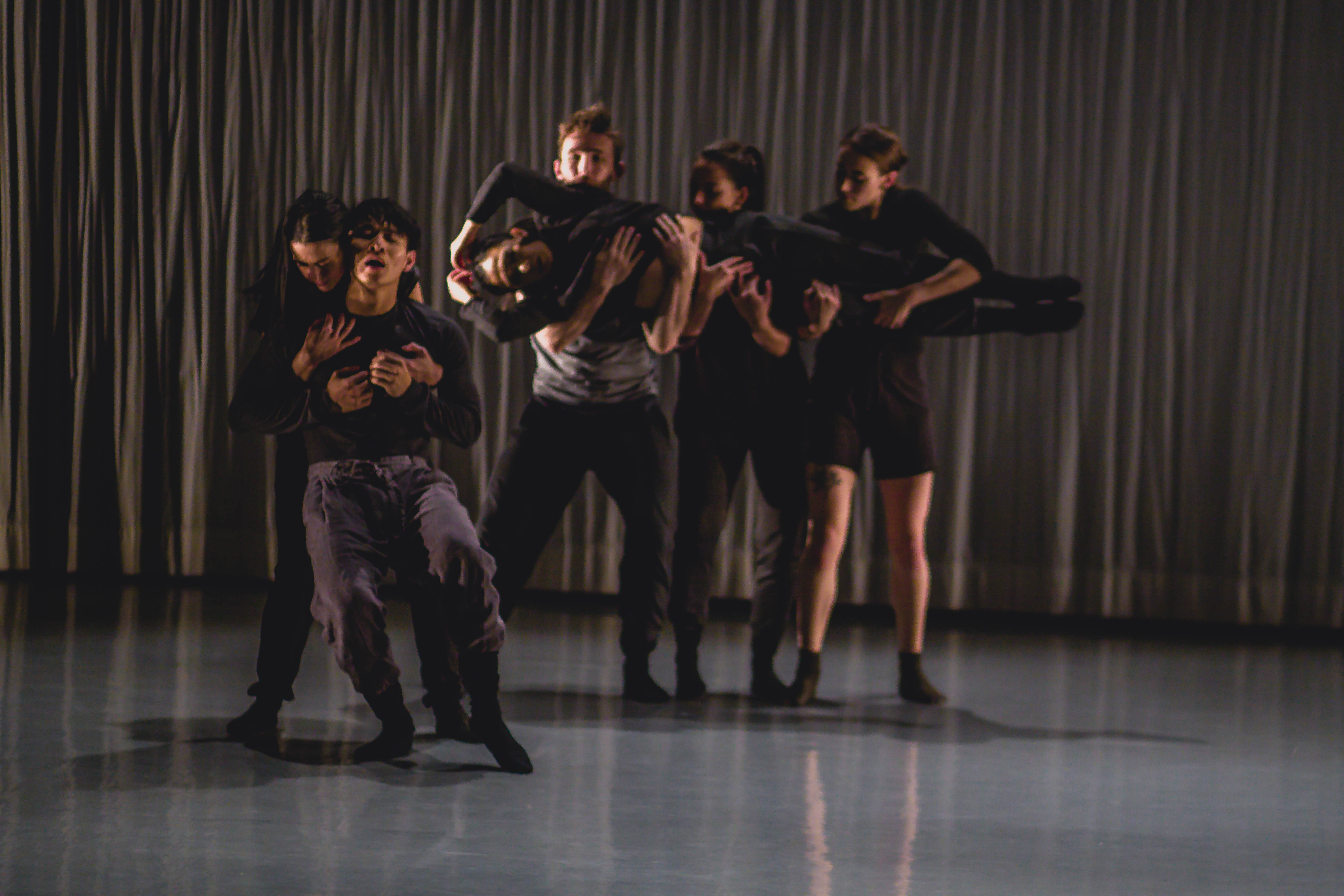Gabbatha, the work by Enzo Celli, in memory of Alan Kurdi, is freely inspired by the "La nuit juste avant les forêts" by Bernard-Marie Koltès.
Gabbatha (Gabbaqa) is an Aramaic name, as the Greek Lithostrōtos, indicating a place in Jerusalem, a high platform covered with pavement, the place where Pilate had his judicial seat. In Gabbatha, Pilate washed his hands, telling to the crowd “I am innocent of this man’s blood.” Gabbatha represents the place where humanity decided not to take responsibility, to turn its head away. The problem and the drama of the migrants becomes the Gabbatha, the “place” on which to investigate the assumption from which the performance starts.
Gabbatha, the work by Enzo Celli, in memory of Alan Kurdi, is freely inspired by the "La nuit juste avant les forêts" by Bernard-Marie Koltès.
Gabbatha (Gabbaqa) is an Aramaic name, as the Greek Lithostrōtos, indicating a place in Jerusalem, a high platform covered with pavement, the place where Pilate had his judicial seat. In Gabbatha, Pilate washed his hands, telling to the crowd “I am innocent of this man’s blood.” Gabbatha represents the place where humanity decided not to take responsibility, to turn its head away. The problem and the drama of the migrants becomes the Gabbatha, the “place” on which to investigate the assumption from which the performance starts.
Gabbatha, the work by Enzo Celli, in memory of Alan Kurdi, is freely inspired by the "La nuit juste avant les forêts" by Bernard-Marie Koltès.
Gabbatha (Gabbaqa) is an Aramaic name, as the Greek Lithostrōtos, indicating a place in Jerusalem, a high platform covered with pavement, the place where Pilate had his judicial seat. In Gabbatha, Pilate washed his hands, telling to the crowd “I am innocent of this man’s blood.” Gabbatha represents the place where humanity decided not to take responsibility, to turn its head away. The problem and the drama of the migrants becomes the Gabbatha, the “place” on which to investigate the assumption from which the performance starts.
Gabbatha is an investigation of our inability to be close to each other, to take responsibility, to recognize the moment in which we live, our pain, while confusing the pain of giving birth with that of dying.
Gabbatha investigates the potential inherent to this moment. Above all else, art and beauty call us back to powerful actions that shine a light, to prophetic actions that defeat fears, making us realize that this is a time of gestation, of rebirth. Art must raise our awareness that this era won’t lead us to death. Art must cultivate a deep love for this process of gestation, and develop a penetrating gaze into our crisis.
Therefore, it is now time for our personal Gabbatha, for choosing whether to open ourselves to a new birth or to turn our heads away from the mystery of life, as new Pilate.

